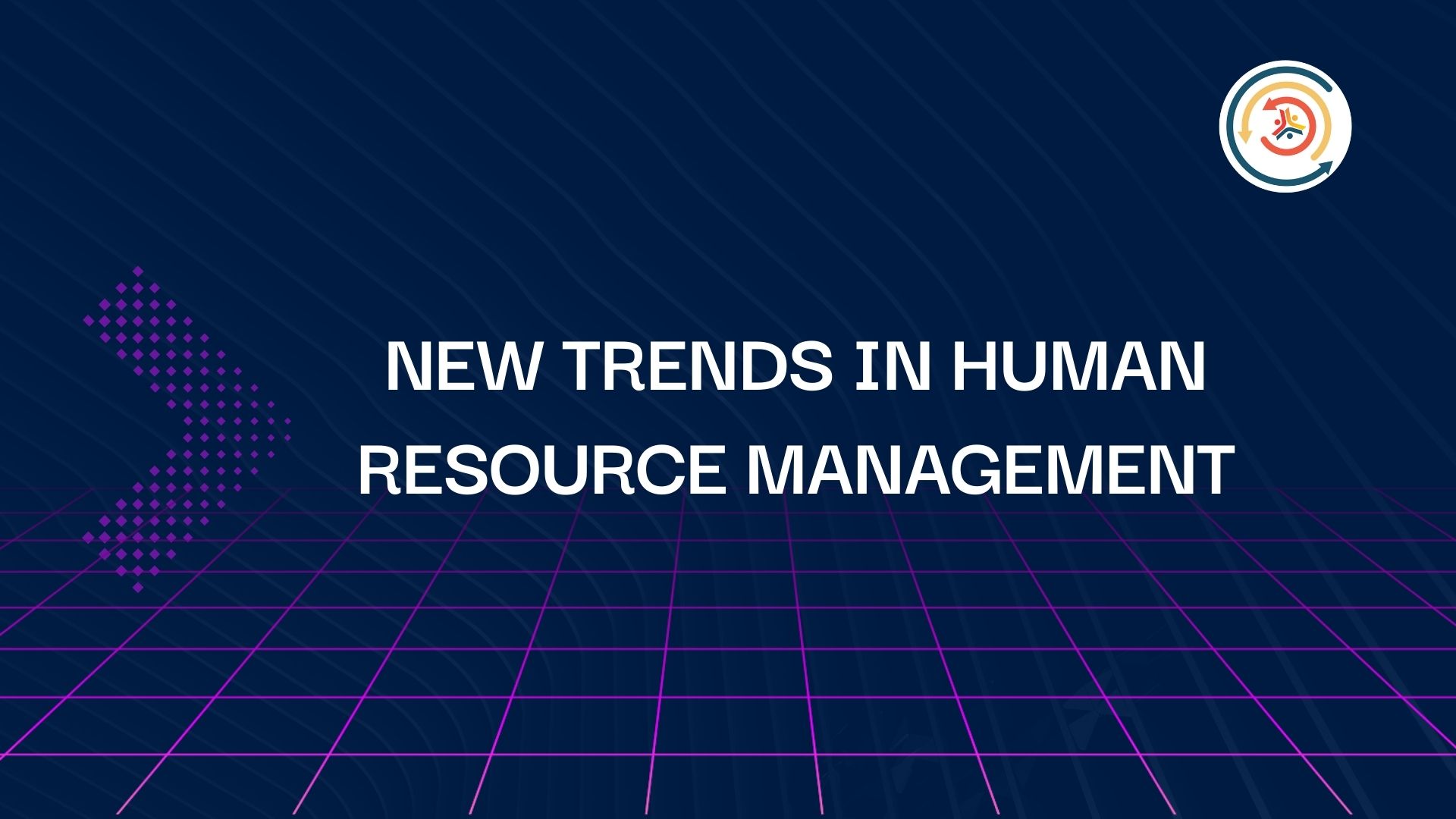Accelerated change, technological advancement, and economic crises have all had a significant impact on the business world in general, and human resource management is no exception.
These changes have raised expectations and increased reliance on technology, and as many jobs are believed to be threatened, at the same time, new jobs have been created that are different from their predecessors.
One stands baffled to reflect on the future of one’s profession as it changes and evolves and remains in a race with this evolution where you must catch up and keep pace, otherwise you will be behind and there will be no place for you in the near future.
Human resource management practices and trends have emerged as a result of this change, which are not new, but whose impact will become more visible and necessary this year.
This article highlights the most prominent practices.
Technological Innovations
Using artificial intelligence and machine learning in HR departments is becoming more popular. Payroll, recruitment, and onboarding processes are being automated to streamline operations and reduce costs. Additionally, virtual reality and augmented reality are being used to create immersive employee training experiences.
Data-Driven Decisions
Data analytics and predictive modeling have become popular in HR. Companies are using data to inform staffing, compensation, and employee performance decisions. HR departments are also using data to learn more about employee engagement and satisfaction.
Flexible Working Conditions
As companies recognize the benefits of allowing employees to work from anywhere, flexible work arrangements such as remote working and flexible hours are becoming more popular. As businesses strive to create a more inclusive and diverse workplace, this trend is becoming increasingly important.
Flexible Working Conditions
As companies recognize the benefits of allowing employees to work from anywhere, flexible work arrangements such as remote working and flexible hours are becoming more popular. As businesses strive to create a more inclusive and diverse workplace, this trend is becoming increasingly important.
Diversity and Inclusion
Diversity and inclusion have emerged as critical components of HR strategies. Companies are taking steps to make their workplaces more diverse and inclusive, such as implementing anti-discrimination policies and launching initiatives to support underrepresented groups.
Employee Engagement
Employee engagement has become a major focus for HR departments. Companies are investing in initiatives to increase employee engagement, such as offering rewards and recognition programs, providing feedback and development opportunities, and creating an enjoyable workplace environment.
Employee Experience
Employee experience is the sum of all interactions an employee has with their employer. It encompasses all aspects of the employee journey, from onboarding to offboarding, from training to career development, and from technology to culture.
Employee experience is significant because it influences how employees perceive their work and perform. It is an important factor in employee engagement and retention, as well as in creating a positive work environment.
